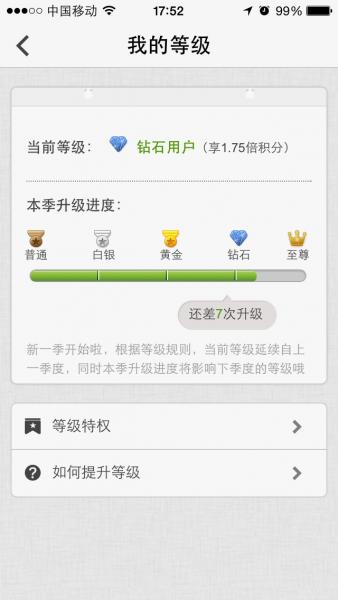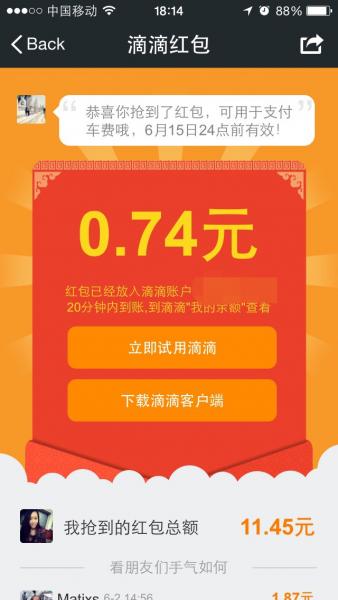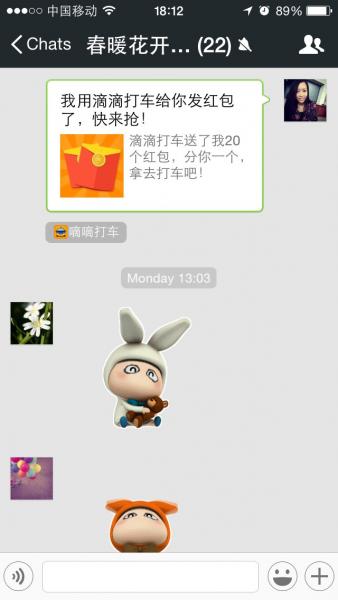The Ongoing Loyalty Battle Between Taxi-Hailing Apps In China
Taxi-hailing apps like US-based Uber and UK-based Hailo are gaining momentum globally. As with other segments of the Internet industry, the taxi-hailing app market in China is also mainly about local players. After rounds of fierce price battles earlier this year, two players — Didi Dache and Kuaidi Dache — continue to dominate the market and leave no room for smaller competitors and newcomers. This battle wasn’t just between two niche apps; it was also a struggle between two Internet giants’ mobile payment services: Tencent’s WeChat Payment (for Didi) and Alibaba’s Alipay (for Kuaidi).
Price wars may be an effective way to acquire new customers. For example, Didi went from 22 million to 100 million users in just 77 days by spending RMB 1.4 billion (about US$225 million). That’s less than $3 per new customer. However, it’s a poor strategy to gain customer loyalty. For months, users have switched back and forth between apps simply because of slim (and temporary) price differences. Only recently have Didi and Kuaidi begun to take different approaches to engendering customer loyalty:
- Kuaidi adopted a loyalty rewards program in cooperation with marketers and eCommerce platforms. Based on the number of rides they complete in a given quarter, Kuaidi divides customers into five loyalty categories: Normal, Silver, Gold, Diamond, and Ultimate. Customers earn different numbers of points for each completed transaction, depending on their level. They can use these points to purchase coupons — either Kuaidi Coupons, good for a discount on their next taxi fare, or other coupons provided by marketers and eCommerce platforms such as benlai.com.
Kuaidi's five loyalty categories Kuaidi coupons


- Didi leverages the power of social to replicate the success of the lucky money campaign. WeChat launched a new payment service and acquired 100 million users in less than a month earlier this year by encouraging its customers to use the new payment service to send and receive “lucky money.” Didi is replicating the success of the lucky money campaign by rewarding users with lucky money packages that they can share on WeChat’s Moments social media timeline or via a group chat. This encourages loyal customers to use Didi.
Didi's lucky money package Didi lucky money is shared via a group chat


Didi’s and Kuaidi’s brand loyalty strategies may seem very different, but both are based on their particular strengths:
- Tencent/Didi relies on social. Tencent owns WeChat, China’s most popular mobile social platform, and viral marketing works well for it. Mobile games like Feng Kuang Cai Tu (“Crazy Drawing”) and services like WeChat Payment, Tencent’s own mobile payment service, have gained popularity because they went viral on WeChat.
- Alibaba/Kuaidi relies on eCommerce. As the largest eCommerce player in China, Alibaba has strong customer loyalty programs and good relationships with marketers and other business partners.
